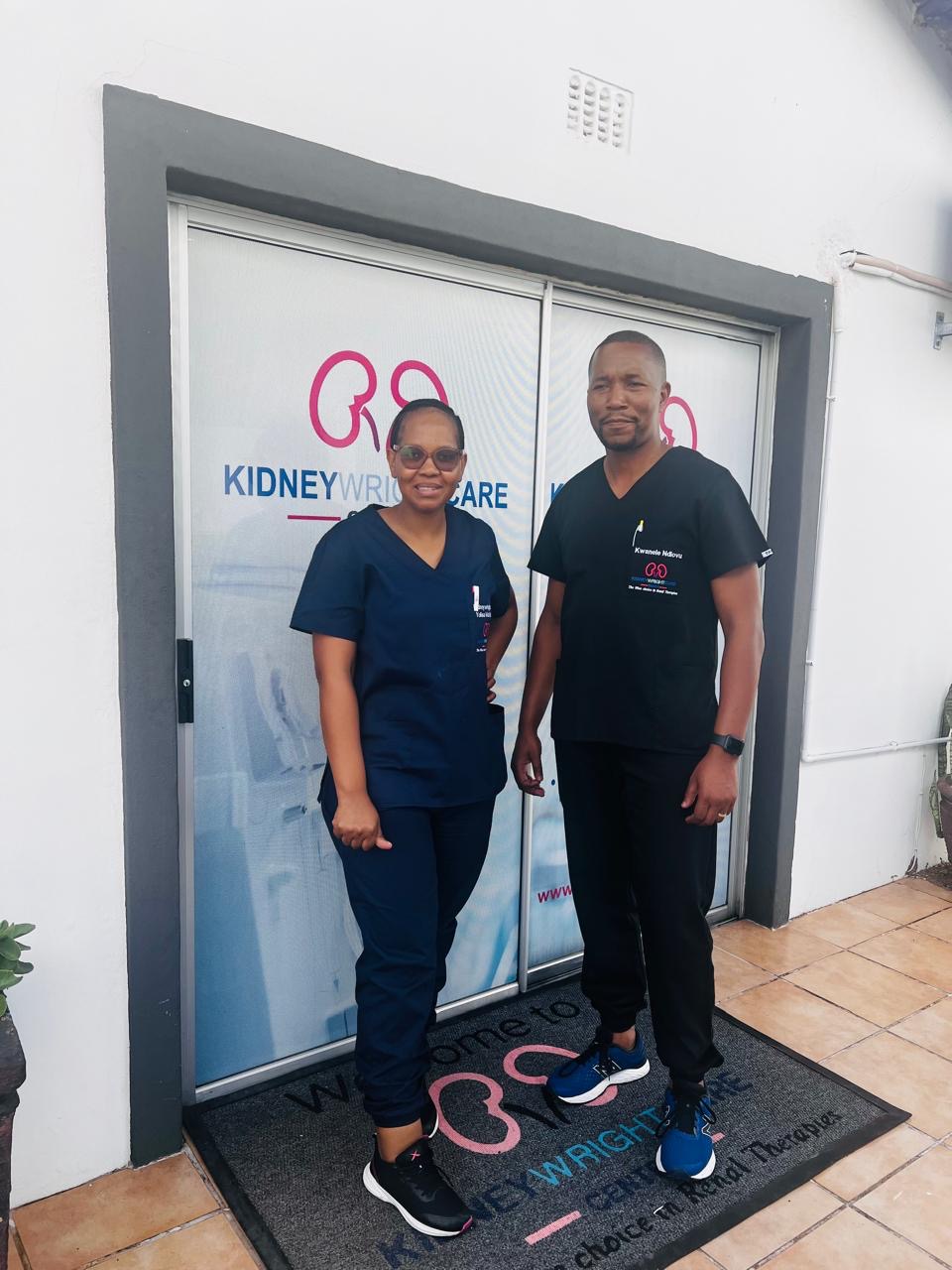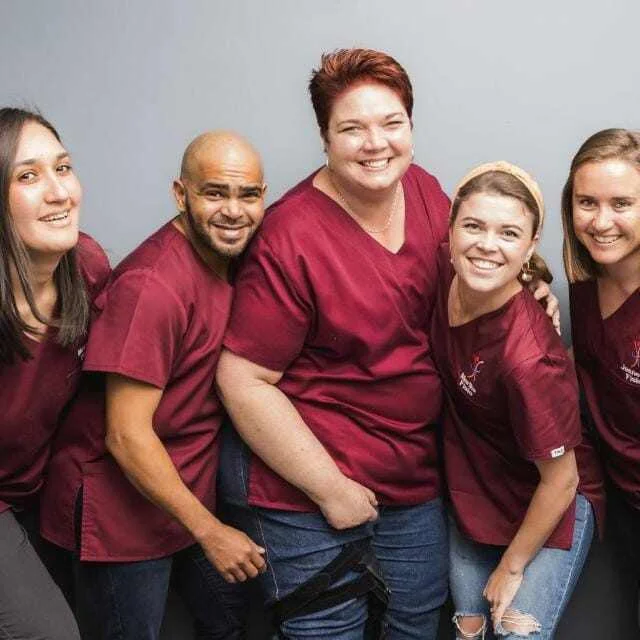Starting your own medical practice can be highly rewarding, but it also comes with challenges. Here are some key considerations for establishing a successful practice.
Research Phase
Before diving in, create a solid business plan to evaluate your practice's potential success. This plan should outline your marketing strategies, operations, finances, services, staffing needs, and how you’ll differentiate yourself from competitors. Think of it as a roadmap to guide your growth and ensure your resources align with your business goals.
Legal Requirements
To operate legally, you must register your practice as a business entity. You can do this through the Companies and Intellectual Property Commission (CIPC) or with a consultant's help. It’s advisable to consult with legal and financial professionals to fully understand the business implications, including tax considerations.
Ensure your medical registration with the Health Professions Council of South Africa (HPCSA) is up to date. You’ll also need a Practice Code Number System (PCNS) number from the Board of Healthcare Funders (BHF) and will have to pay an annual fee to maintain it. Additionally, invest in professional liability insurance to protect against lawsuits.
Securing Funding
Launching a medical practice often requires significant funding. Explore options like banks, venture capital, and even government grants. Merchant Capital offers tailored funding solutions for medical practices, so consider this when looking for the best financial support for your business.
Setting Up Your Practice
Decide whether to buy or rent a space, or consider purchasing an established practice. The layout of your premises should include a reception area, a consultation room, a procedure room (if necessary), accessible pathways, and a private space for staff. Ensure your space is functional and comfortable for both patients and staff.
Invest in medical equipment wisely. Some devices, like ultrasound machines, can be rented or bought used to save costs. Conduct thorough research to ensure you have the funds or loans required for these essential purchases.
Marketing and Promotion
Create a branding and marketing plan that reflects your vision and values. Highlight what makes your practice unique in a crowded market. If possible, hire a marketing professional to assist with branding and promotion to ensure your practice stands out.
Building a Team
Hiring the right team is crucial. Look for motivated individuals who align with your values and can handle the demands of a busy practice. A well-chosen team will enhance patient experiences and contribute to the overall success of your practice.
Medical Aid Partnerships
Most practices need a mix of cash and medical aid payments to operate efficiently. If you're not registered with medical aids, you risk not getting paid. A practice management bureau can assist with this step if needed.
Conclusion
Starting a medical practice is a complex process with many elements to consider, from legalities to staffing and marketing. However, with careful planning, you’ll enjoy the benefits of being your own boss and running a successful practice on your own terms.
If you’re looking to grow your private medical practice, reach out to Merchant Capital today for funding solutions.





